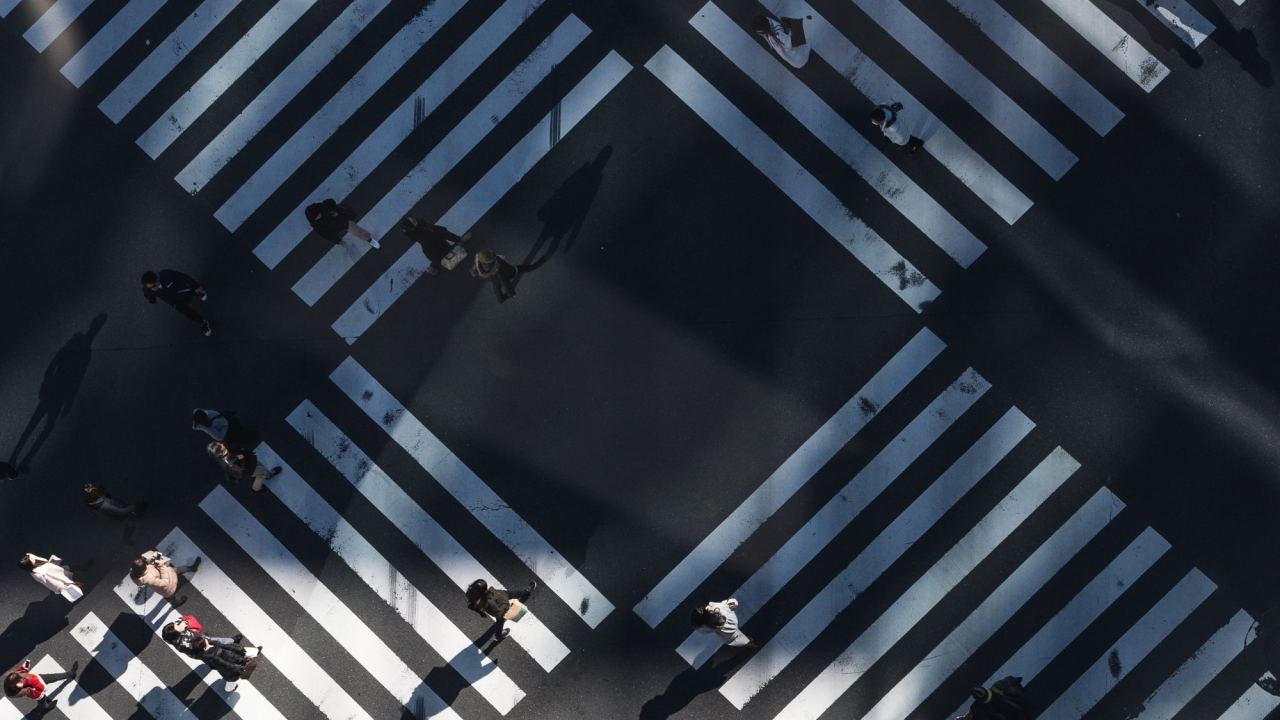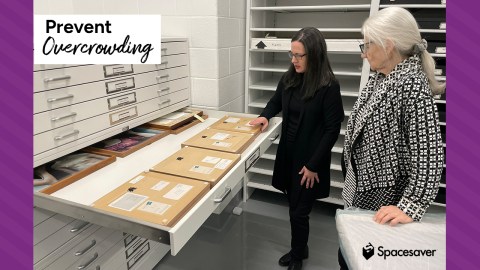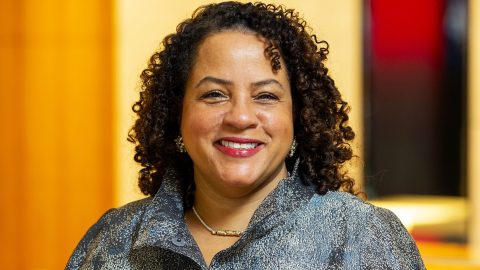
On October 18-19, 2019, the World Intellectual Property Organization (WIPO) will be holding an open two-day meeting in Geneva about copyright exceptions for libraries, archives, and museums. The meeting is being held to summarize the outcome of three regional meetings held over the last six months in Asia, Latin America, and Africa to determine whether to recommend international copyright solutions.
The purpose of these regional meetings was to gather evidence of the need for these solutions among libraries, archives, and museums in their mission-driven work. The regional meetings arose from the work of the Standing Committee on Copyright and Related Rights at WIPO. The Standing Committee, over the course of the past ten years, has been examining the need for international exceptions to copyright for libraries and archives, and, after a significant effort on the part of the International Council of Museums (ICOM), for museums as well.
What Happened Until Now?
From January 2014 until July 2019, I had the privilege of representing ICOM before the Standing Committee on Copyright and Related Rights at WIPO. At the outset in 2014, only libraries and archives were considered potential beneficiaries of an international copyright solution. It became apparent to me that this call for international solutions for the purposes of preservation of collections; cross-border exchange of knowledge; treatment of orphan works; and access to collections by curators, collection managers, and scholars would not be complete unless museums were included. Cultural heritage institutions—whether libraries, archives or museums—carry out similar activities, are driven by similar missions, care for collections that can be similar in nature, and make similar contributions to the global cultural and historical record.
To advocate for this, ICOM joined forces with the International Council on Archives and the International Federation of Library Associations to jointly propose to the Standing Committee that all mission-driven activities—regardless of whether the institution is labeled a museum, library, or archive—be recognized as potential beneficiaries. On that basis, we were successful in adding museums to the provisional agenda of the Standing Committee.
After further effort by those of us representing ICOM, WIPO commissioned studies in 2015 and then again in 2019 to examine the need for international solutions to ameliorate the specific copyright challenges experienced by museums. These studies document well the gaps and hurdles museums face, particularly due to of the diversity of museum collections, the dispersion of collections among cultural heritage institutions across borders, the obsolescence of media, the necessity of the use of imaging in museum recordation, issues with orphan works, and the digital tools that facilitate preservation.
As documented in the WIPO Studies, depending on the type and nature of the collection, no licensed solution will solve all the restrictions created by copyright law that museums experience as they carry out their mission-driven work. These restrictions become particularly acute when it is expected that we use digital imaging technology in our work that allows us to preserve and communicate globally as a means of providing access to collections.
The Catalyzing Event
Informal discussions over the last six years with member state delegates at WIPO suggested that by focusing on activities related to preservation we could best move the needle forward to create international solutions. The tragedy in Brazil, however, may prove to be the catalyzing event.
In September of 2018, as many of us are aware, a horrible fire destroyed much of the collection of the National Museum of Brazil, a scientific and historical museum of global significance. Anthropologists, archeologists, and paleontologists continue to sift through the rubble and have recovered a significant number of artifacts. However, entire collections have been lost. The only way to document these lost collections is to aggregate a record of the scholarship surrounding the collections, much of which is published and some of which is still copyright-protected. While there has been an outpouring of benevolence in this instance, the museum community cannot and should not rely upon ongoing goodwill to carry out such preservation activities in the event of disaster. This is particularly true as the effects of climate change endanger collections.
A Potential Solution
In advance of the upcoming meeting in Geneva, a coalition of organizations representing libraries, archives, and museums—including the International Federation of Library Associations and the International Council on Archives—are considering a text that calls for an international copyright instrument to support preservation activities.
The instrument considers exceptions to copyright that:
- Allow libraries, archives, and museums to make and store copies for preservation
- Allow the distribution of these copies so long as the distribution is for non-commercial education and research purposes
- Make a specific provision allowing for cross-border activities relating to preservation as described above
- Provide the ability to circumvent anti-circumvention measures for preservation purposes
- Commit to preempting contract terms so long as the purpose of the activity that may be limited by contract remains preservation
The proposed instrument focuses on a specific public interest objective—the preservation of world cultural heritage, where copies of works are not available on the market or for license, or where collective licensed solutions are not available due to the nature and uniqueness of collections. Therefore, rights holders will arguably not be prejudiced by this proposed solution.
U.S. Museums Need to Be Heard
It is time for U.S. museums to become engaged and add their voice. The upcoming meeting on October 18-19 at WIPO is open-registration, allowing anyone or any organization or entity with a connection to the subject matter to register to attend.
For more information about the two-day October meeting at WIPO concerning exceptions to copyright, or to register, click here.







